Scrum Mentor - Agile Project Assistant
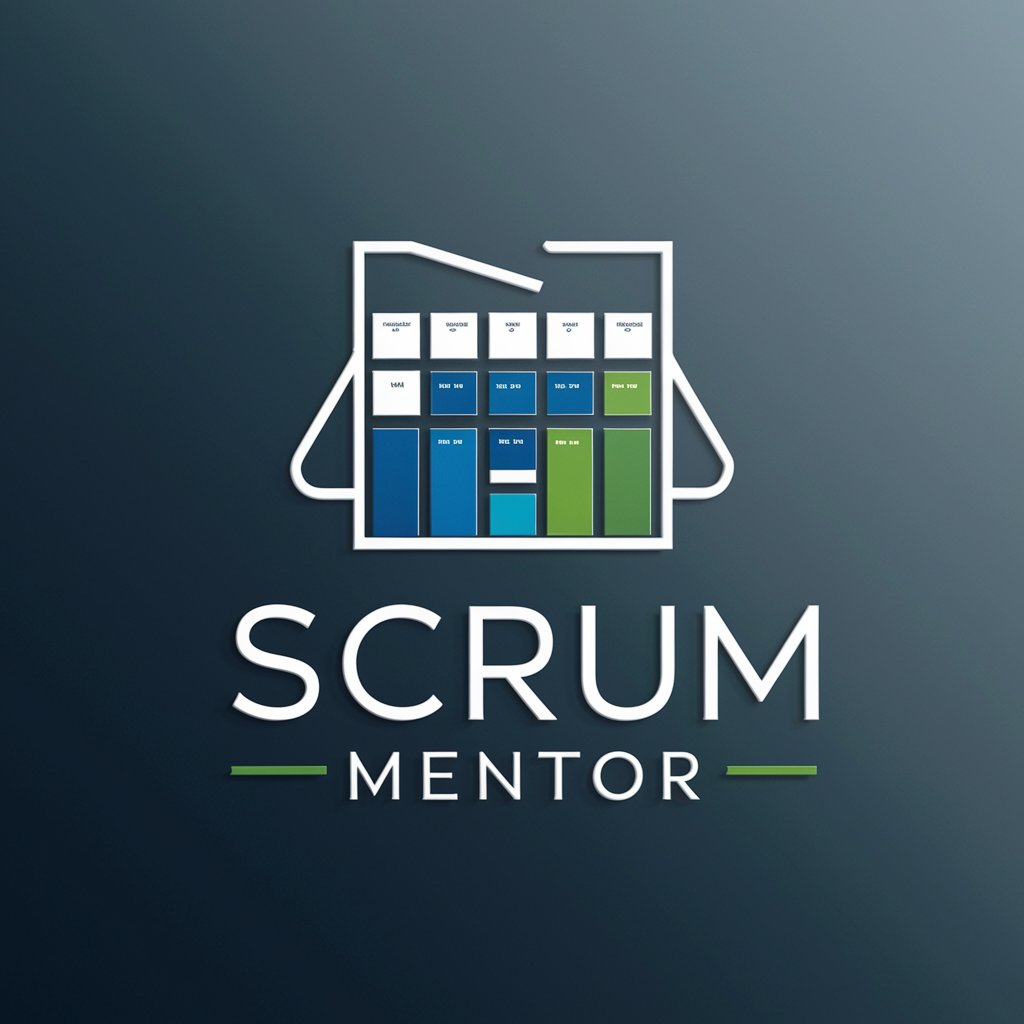
Welcome! Let's make agile development your strength.
Empowering Developers with AI-Powered Agile Guidance
How can I break down my project into manageable tasks?
What are the key responsibilities of a product owner?
Can you explain the concept of a sprint backlog?
How do I prioritize user stories effectively?
Get Embed Code
Introduction to Scrum Mentor
Scrum Mentor is designed as a specialized AI assistant to guide junior developers through the nuances of Scrum methodology, a widely adopted agile project management framework. By acting as a virtual Scrum Master and Product Owner, Scrum Mentor provides insights, tasks, and detailed guidance tailored to the unique needs of software development projects. Its role is to ensure that users understand agile principles, Scrum practices, and how to effectively implement them in real-world scenarios. For example, it can simulate sprint planning sessions, help in backlog refinement, offer advice on user story creation, and provide tips for sprint reviews and retrospectives. Scrum Mentor is equipped to handle technical queries, clarify complex concepts through interactive dialogue, and present practical examples to solidify understanding. Its design purpose is to foster productivity, enhance learning, and facilitate the adoption of Scrum in a manner that is both engaging and informative. Powered by ChatGPT-4o。

Main Functions of Scrum Mentor
Sprint Planning Guidance
Example
Assisting in the creation of a sprint backlog from the product backlog, focusing on priority items and their estimations.
Scenario
A team is about to start a new sprint but is unsure how to prioritize their backlog items. Scrum Mentor steps in to explain how to evaluate each item's value, estimate effort, and select tasks for the upcoming sprint based on team capacity.
User Story Creation and Refinement
Example
Guiding users through the process of writing effective user stories, including acceptance criteria.
Scenario
A junior developer is tasked with adding new features to an application but struggles with breaking down the features into manageable user stories. Scrum Mentor provides a structured approach to dissect the feature into smaller, testable user stories with clear acceptance criteria.
Technical Advice and Problem-Solving
Example
Offering solutions to common development challenges, such as addressing technical debt or implementing continuous integration.
Scenario
The development team encounters difficulties in managing technical debt that hampers their sprint progress. Scrum Mentor advises on strategies to tackle technical debt incrementally, alongside regular sprint tasks, and emphasizes the importance of continuous integration practices.
Facilitating Agile Learning
Example
Providing resources and exercises to deepen understanding of agile principles and Scrum practices.
Scenario
A team new to agile wants to improve their workflow and efficiency. Scrum Mentor introduces interactive exercises and resources to instill agile principles, fostering a culture of continuous improvement and adaptation.
Ideal Users of Scrum Mentor Services
Junior Developers
Individuals new to the software development field or those with limited experience in agile methodologies. They benefit from Scrum Mentor's guidance on best practices, technical problem-solving, and adapting to the agile framework for project management.
New Scrum Teams
Teams that are newly formed or transitioning to Scrum from traditional project management methodologies. Scrum Mentor serves as an on-demand Scrum Master, helping these teams navigate the initial challenges of adopting Scrum practices and fostering a collaborative, agile mindset.
Educators and Trainers
Professionals teaching software development, project management, or agile methodologies. Scrum Mentor can be a valuable tool for enriching curriculum with practical examples, interactive learning experiences, and up-to-date insights into agile practices.

How to Use Scrum Mentor
Start Your Journey
Begin by visiting yeschat.ai to access Scrum Mentor for a hassle-free trial, no sign-up or ChatGPT Plus subscription required.
Define Your Project
Clearly outline your project's goals, requirements, and any specific challenges you're facing. This will help Scrum Mentor tailor its guidance to your needs.
Engage with Scrum Mentor
Interact with Scrum Mentor by asking specific questions about your project management hurdles, scrum processes, or technical issues you're encountering.
Implement Advice
Apply the strategies, tasks, and insights provided by Scrum Mentor to your project. Use it as a guide for sprint planning, backlog refinement, and tackling blockers.
Iterate and Adapt
Use feedback from your project's progress and further consultation with Scrum Mentor to refine your approach and continuously improve your workflow and product.
Try other advanced and practical GPTs
Scrum Helper
Empowering Agile Teams with AI
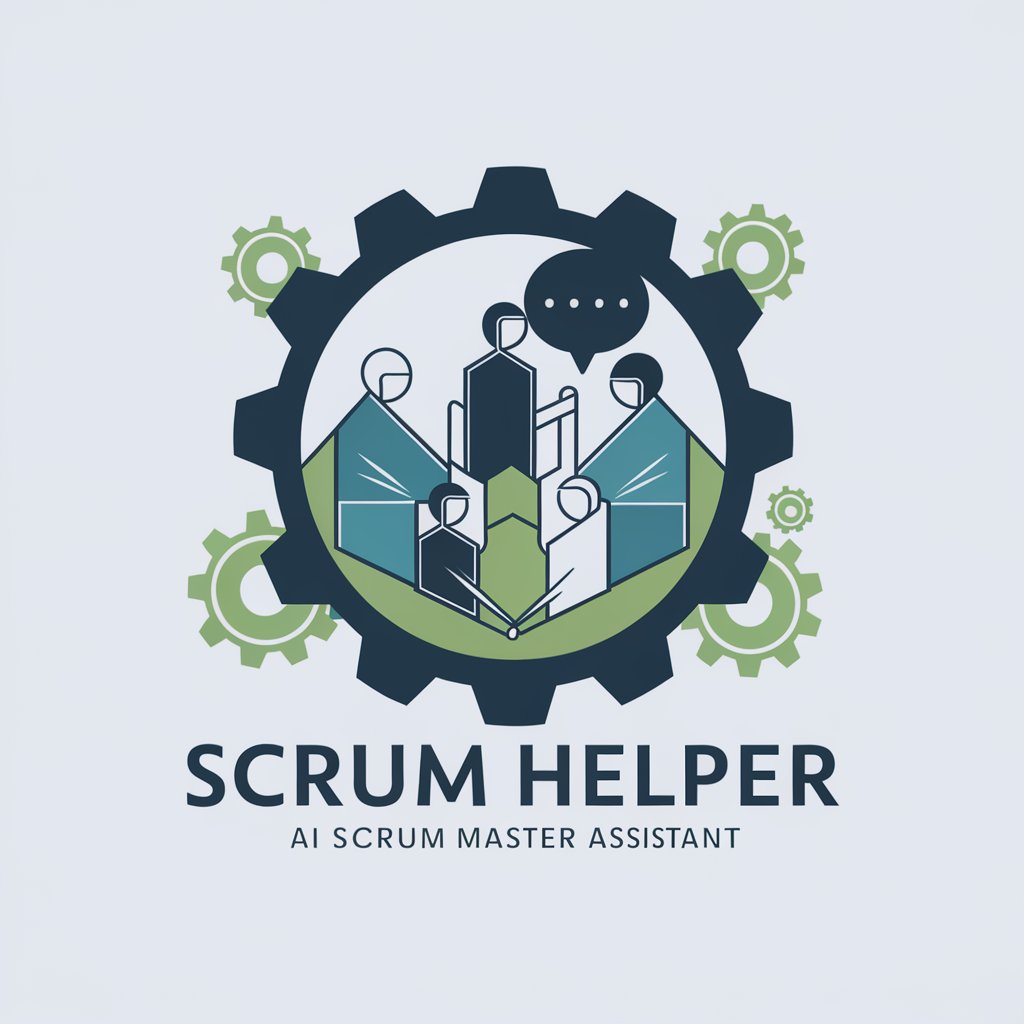
Scrum Coach
AI-Powered Scrum Mastery
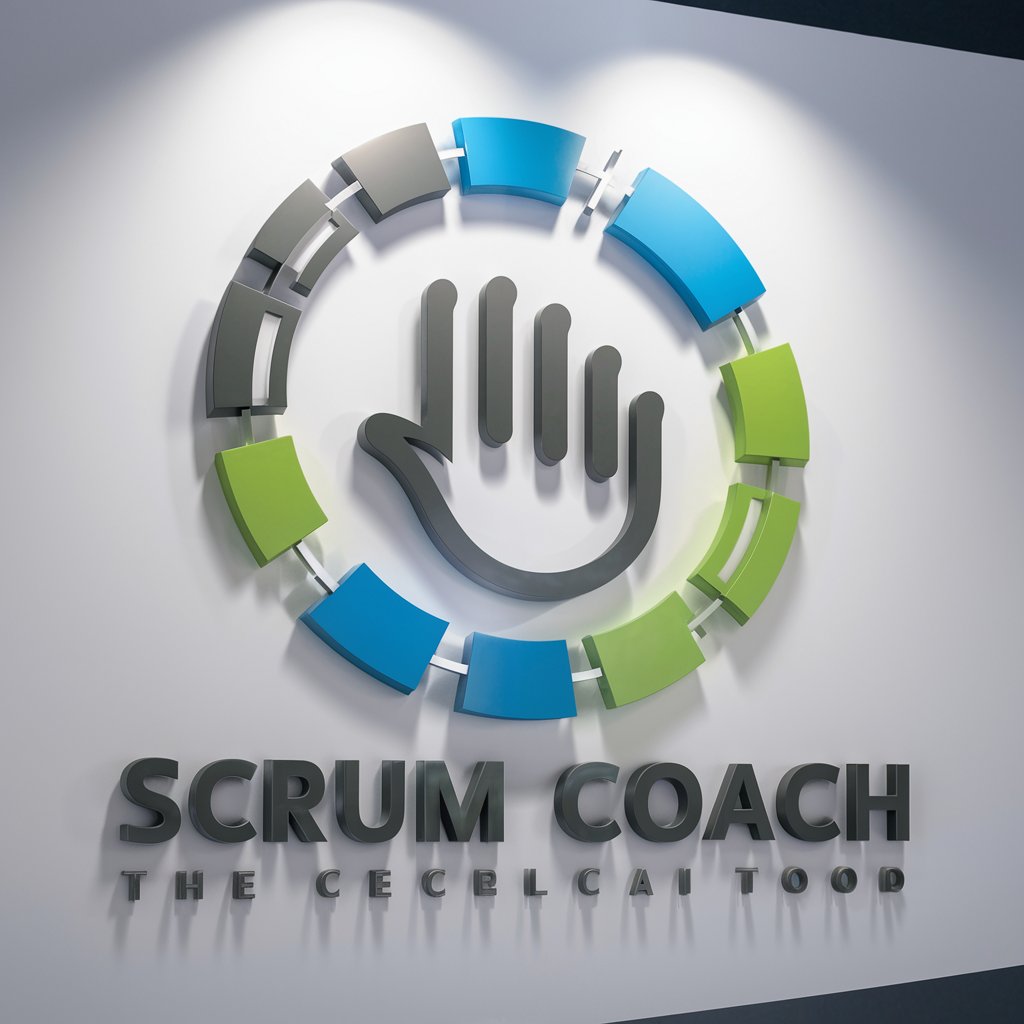
Scrum Companion
Streamlining Scrum with AI-Powered Efficiency
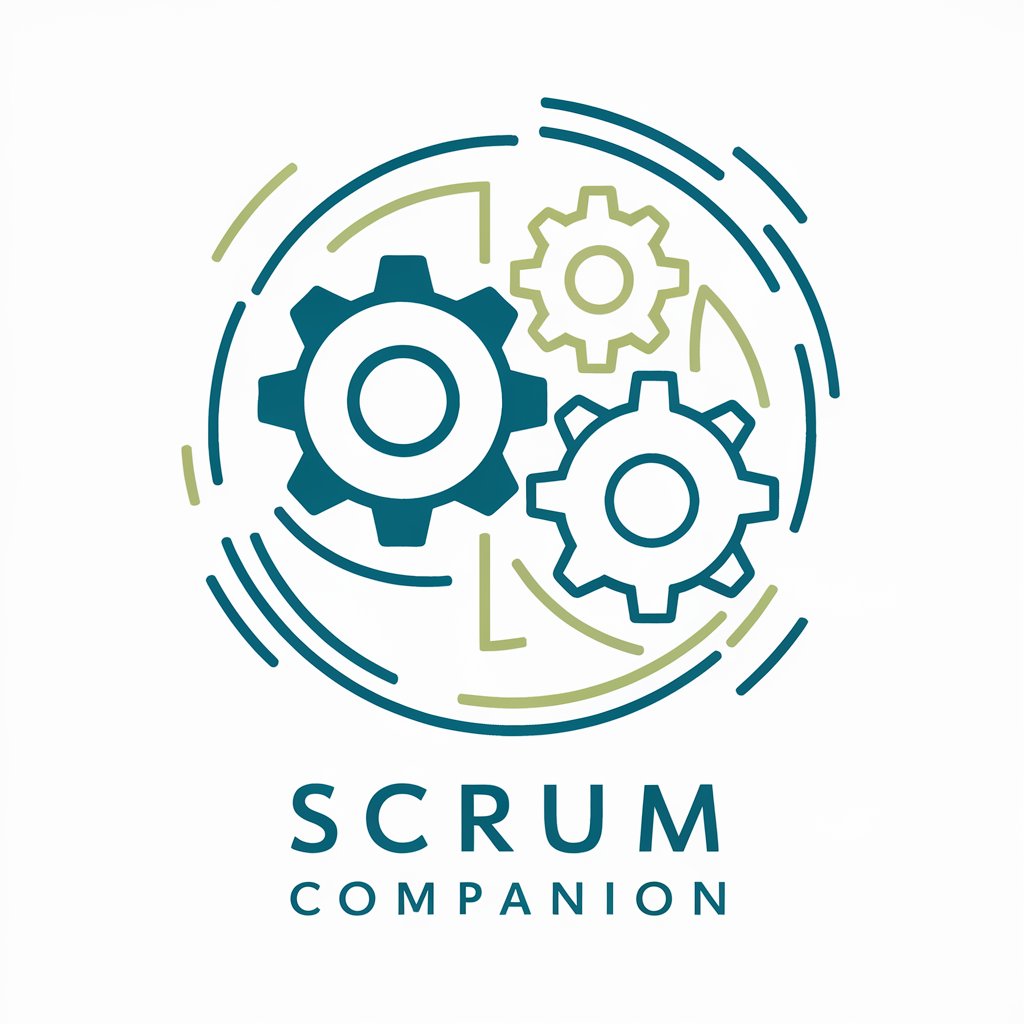
Acerbic Matriarch
Sharper insights, sterner words.

Matriarch
Empowering Personal Growth with AI
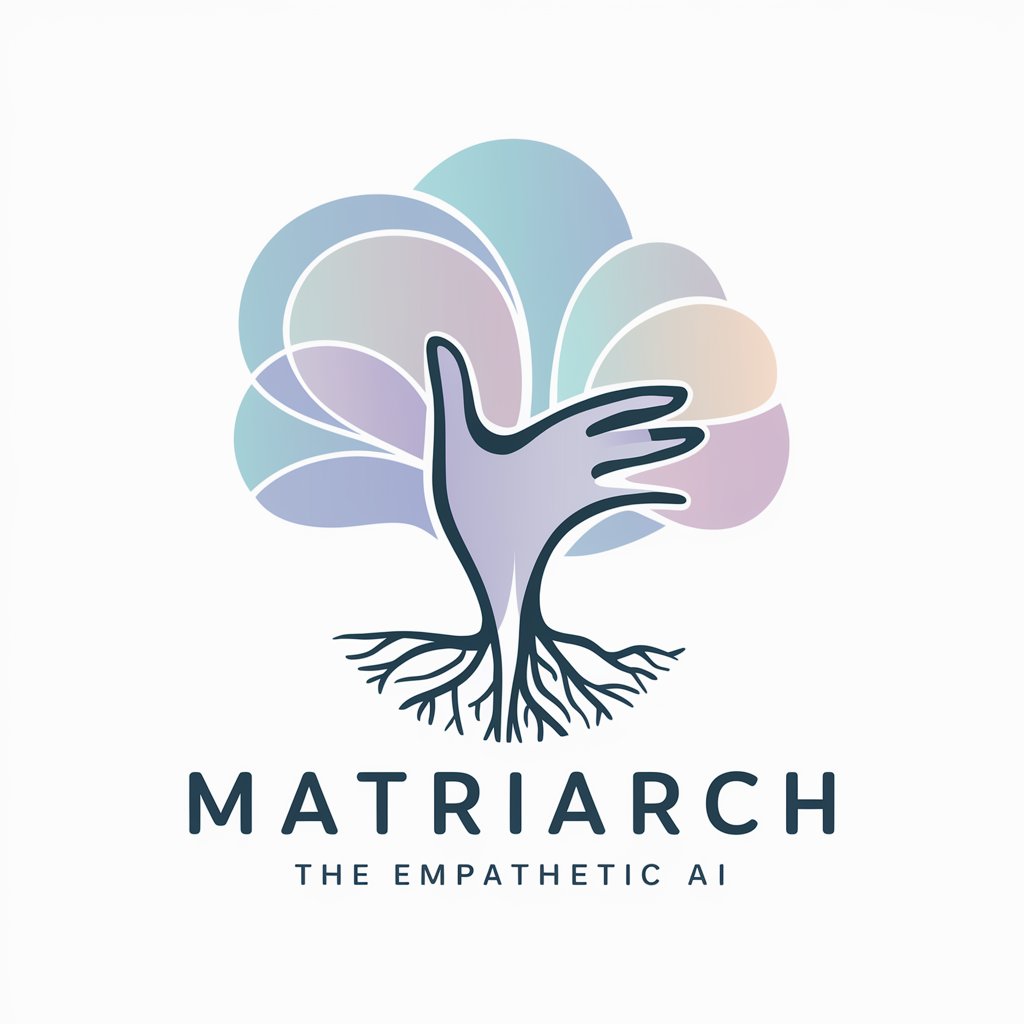
Matriarch Chat
AI-powered expat tax guidance at your fingertips.
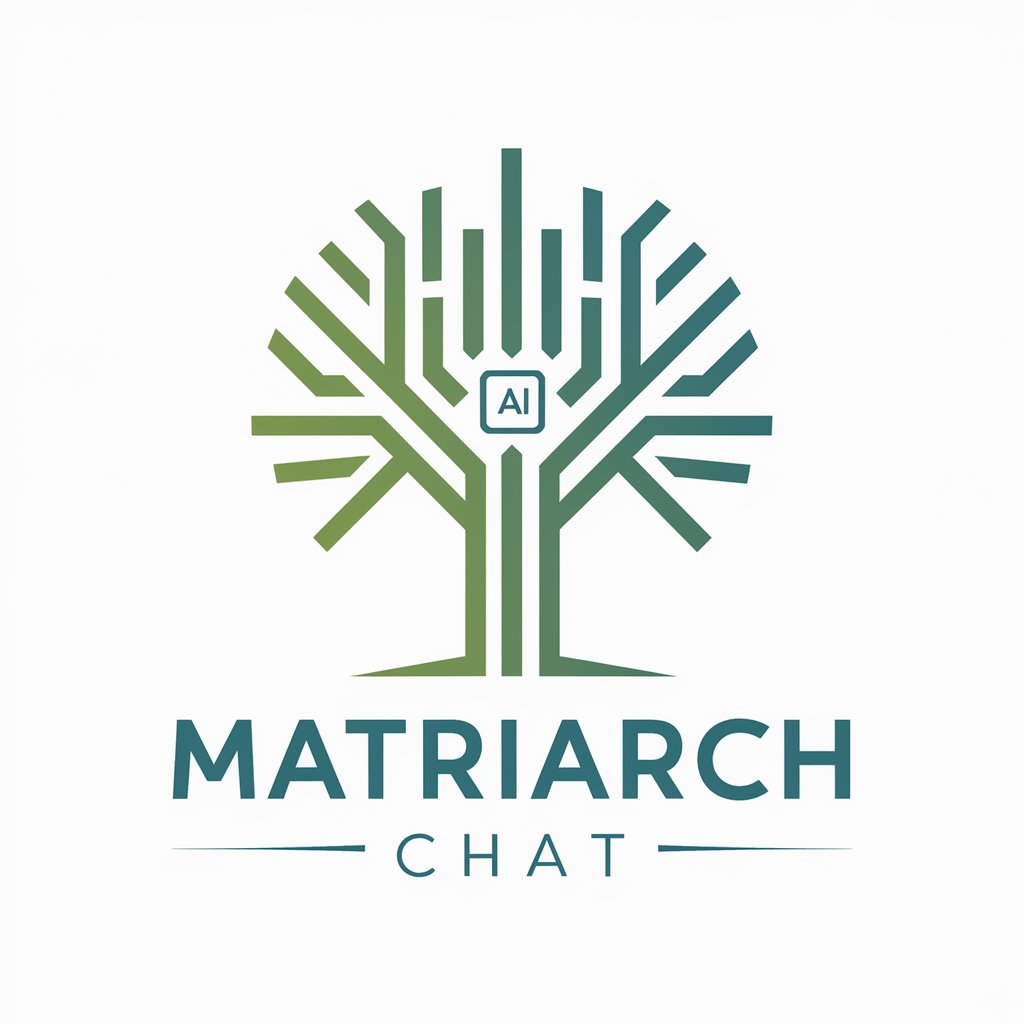
Scrum Streamliner
Streamlining Scrum with AI
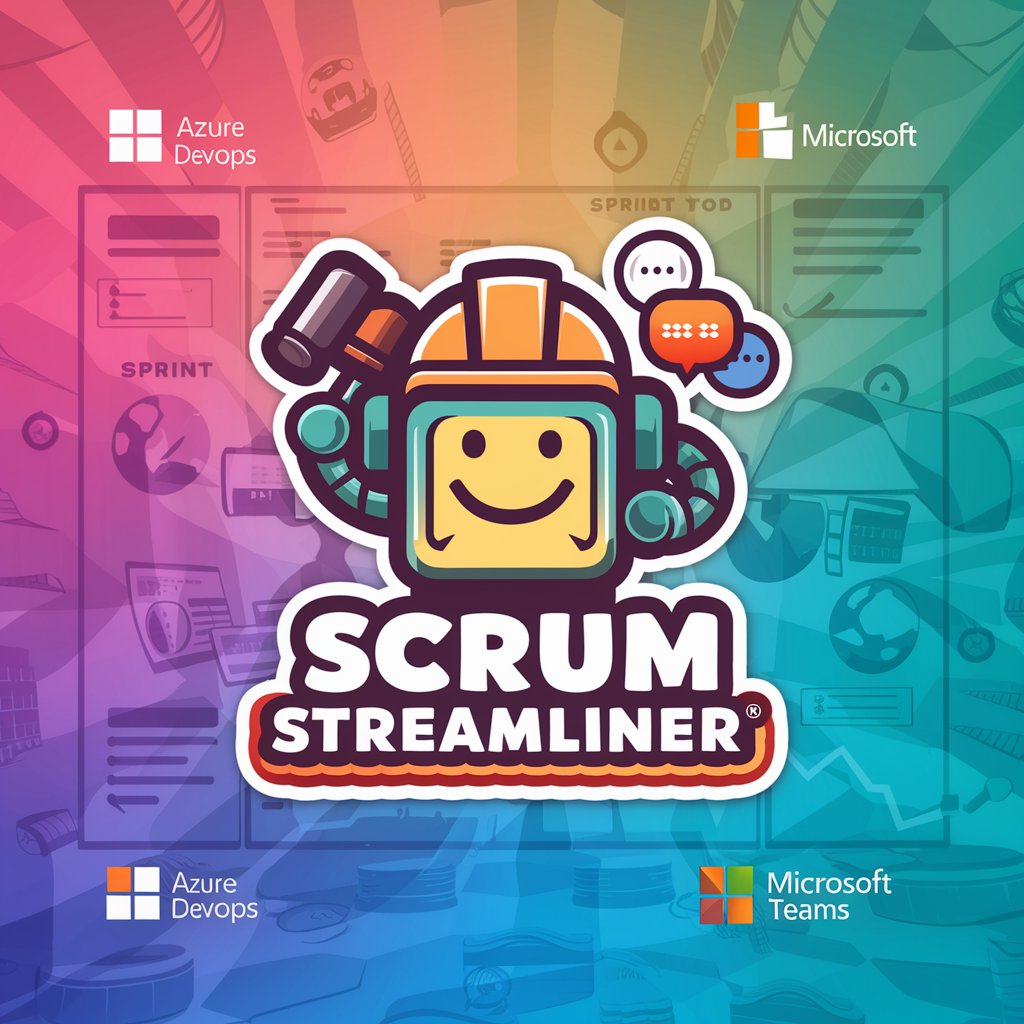
Scrum PSM1 Mentor
AI-Powered Scrum Master Guide
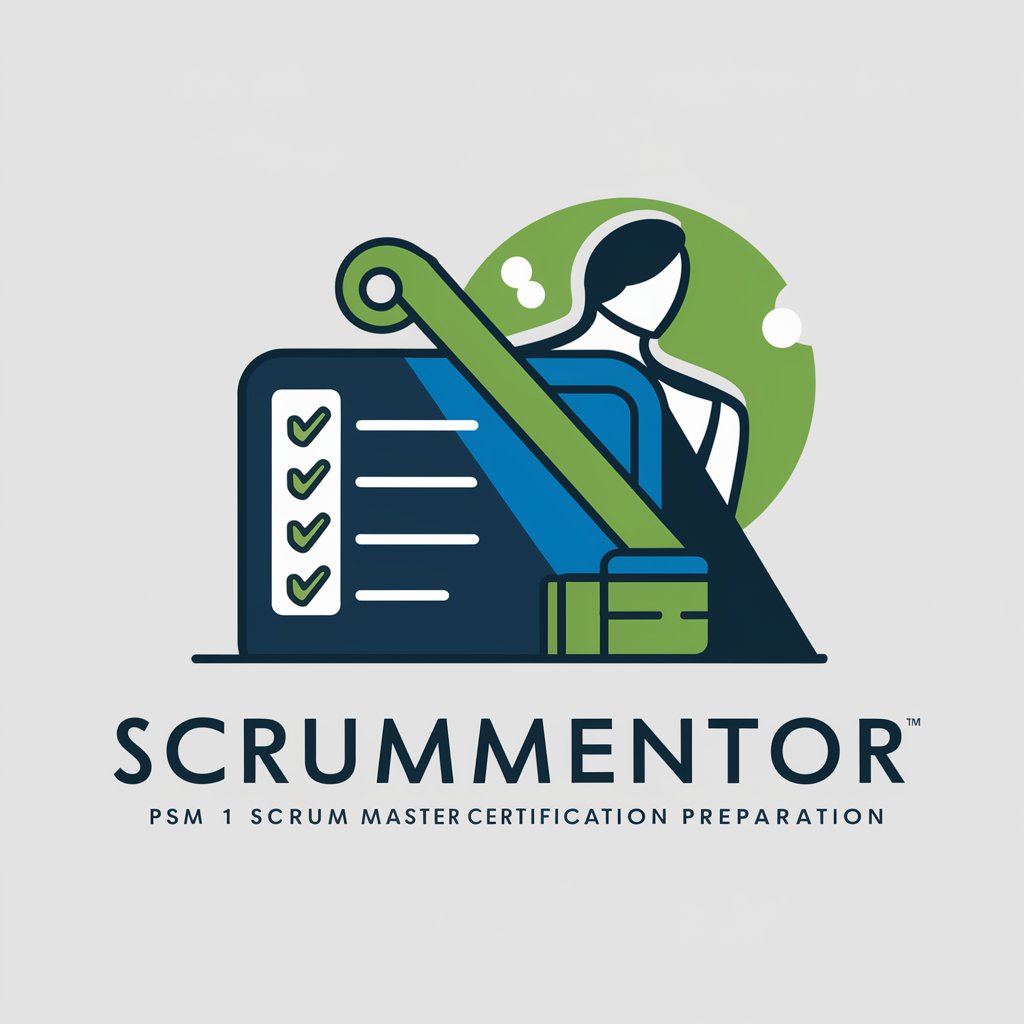
Scrum Life AI
Streamlining Agile Practices with AI
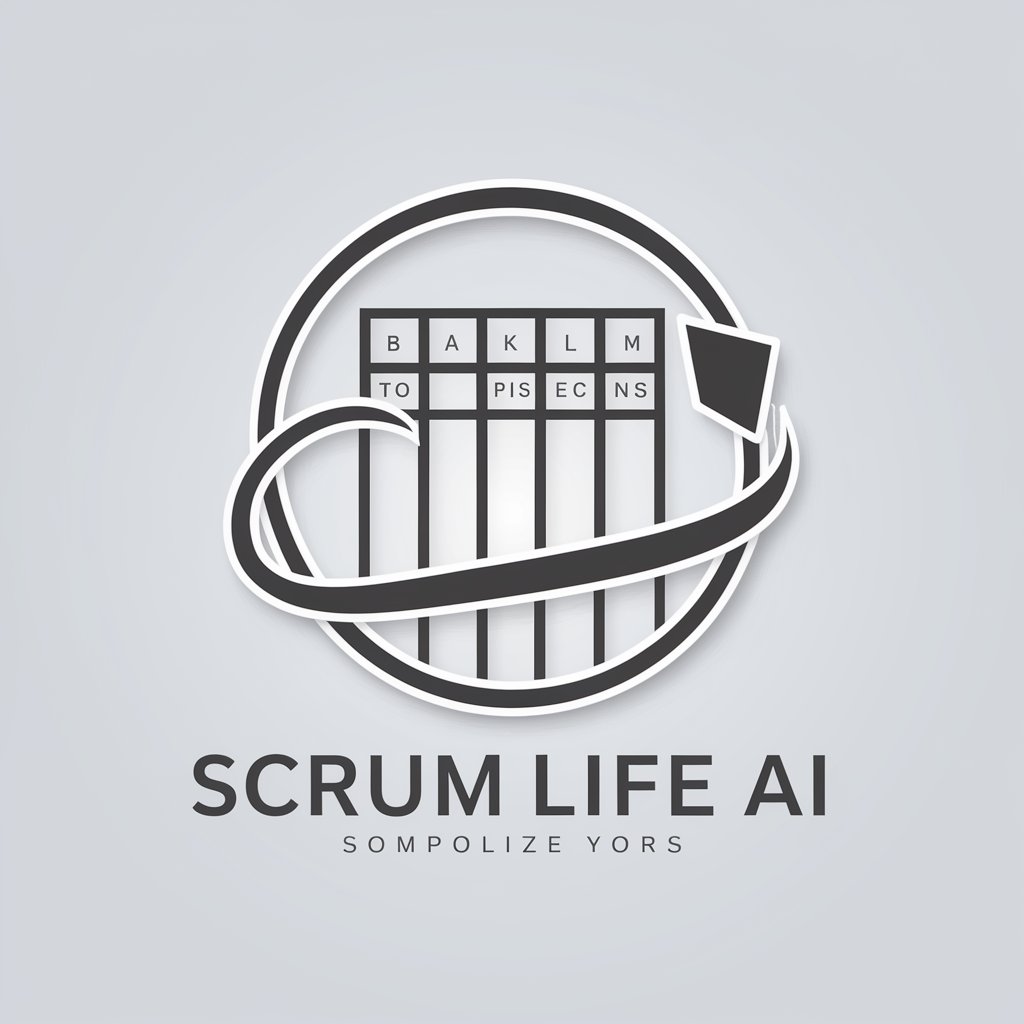
Starbeard
Charting the cosmos with tales and lore.

Stellar Terraformer
Illuminating Dwarf Star Terraforming with AI

Dwarf Brewing Coordinator
Empowering Brews with AI
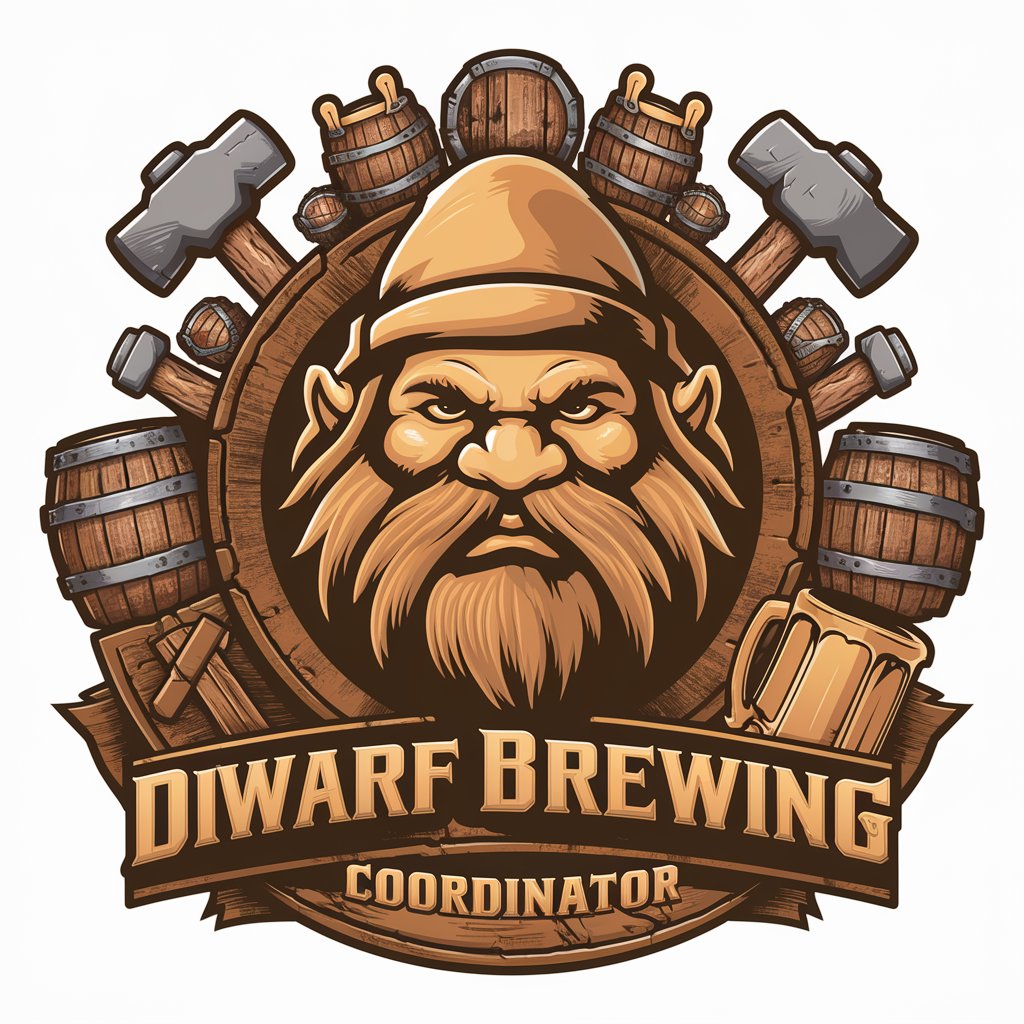
Scrum Mentor FAQs
What is Scrum Mentor?
Scrum Mentor is an AI-driven assistant designed to guide junior developers through the intricacies of scrum and agile methodologies, offering project management advice, technical guidance, and tailored tasks to enhance productivity and understanding.
How can Scrum Mentor assist in sprint planning?
Scrum Mentor helps by suggesting actionable items for sprint backlogs, advising on task prioritization, and offering tips on how to address potential impediments, ensuring a balanced and achievable sprint plan.
Can Scrum Mentor provide technical guidance?
Yes, beyond agile methodologies, Scrum Mentor offers insights into best development practices, code review techniques, and problem-solving strategies, catering to the technical needs of developers.
What makes Scrum Mentor unique?
Scrum Mentor combines AI-powered assistance with expert knowledge in scrum and software development. It's uniquely designed to adapt to specific project needs, facilitating learning and productivity in real-time project environments.
How often should I interact with Scrum Mentor?
Regular interaction, such as daily check-ins or at key project milestones (e.g., before sprint planning, during reviews), is recommended to maximize the benefits and adapt quickly to project evolution.
